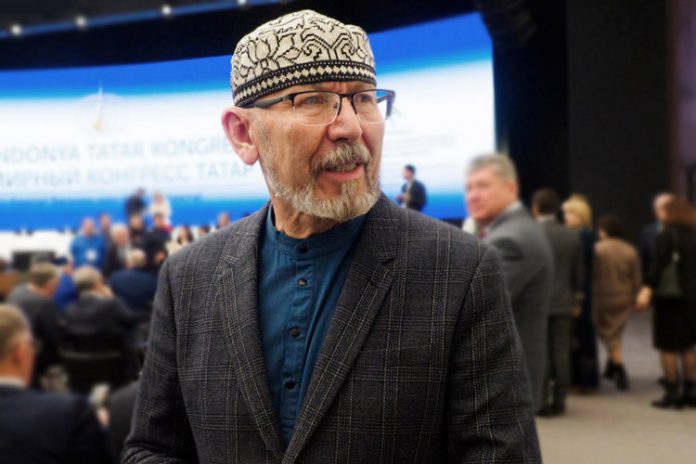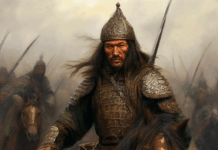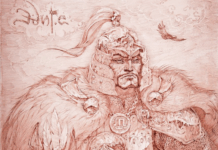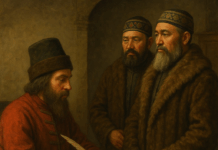Staunton, July 14 – Duma members are preparing legislation that would radically change census practices in Russia, Damir Iskhakov says. Instead of holding a census every ten years, Moscow would hold one only ever 20, not every ten as now required; and instead of actually surveying the population, these future censuses would rely on official sources rather than any survey of the population.
The senior Tatar historian who learned of this when he attended the recent 15th Congress of Anthropologists and Ethnologists of Russia in St. Petersburg said it would devastate the non-Russian nations of the country because nationality is not reported in any source on a regular basis except in censuses.
Iskhakov says that the Putin regime may be inclined to move in this direction both to save money, given all the problems with the latest census, and to reduce still further the significance of nationality in the Russian political system. If nationality isn’t counted, he suggests, it may no longer exist at least for the country’s political leadership.
In addition to reporting this startling development – and Iskhakov acknowledges that it is a long way from the preparation of legislation to its passage even in Putin’s Russia – the senior scholar makes a number of other critical observations on the basis of his own experience and what was said at the ethnology congress.
Among the most important of these are the following:
- Because of the efforts of Valery Tishkov, “who developed the theory of the non-ethnic Russian nation,” ethnography in Russia at the official level is fully integrated into the power structures of the regime.
- Not all ethnographers accept Tishkov’s view. Among his critics is Emil Pain, who argued in St. Petersburg that “there cannot be a political nation without democracy, a multi-party system and competitive economy. In Russia, none of these things exist, and thus,” the political analyst says, “Tishkov’s concept creates only an imperial nation.”
- The Tatars are “the only ethnic community in the Russian space which has passed through a reformation,” something that gives them a comparative advantage and that explains why so many Russian nationalists are so alarmed by Tatar actions.
- Moscow insisted that the Kazan Institute of History create a Crimean Studies Center. Kazan should follow by creating a Center for the Siberian Tatars.
- The Kremlin’s effort to divide up the Tatar nation by boosting sub-ethnic groups is part and parcel of a general policy that Moscow has used against most of the nations of the Russian Federation.
- Civilizations rest on religious grounds. Russia’s rests on Orthodoxy; and there is no place in that civilization of the country’s Muslims or Buddhists.
- The deep people of Russia are not prepared for a democratic state. Some leaders may be but they cannot transform the population and so democracy for ethnic Russians is likely to remain a distant prospect.
- “We are not against Russia; we simply want to change it.”
- Jewish scholars played a key role in promoting a democratic tradition within Russian ethnography; but most of them have now been forced to leave the field.Paul Goble














